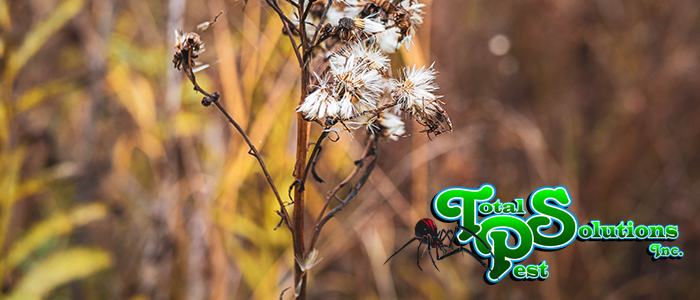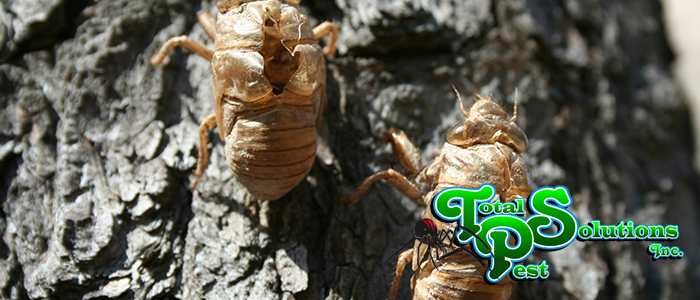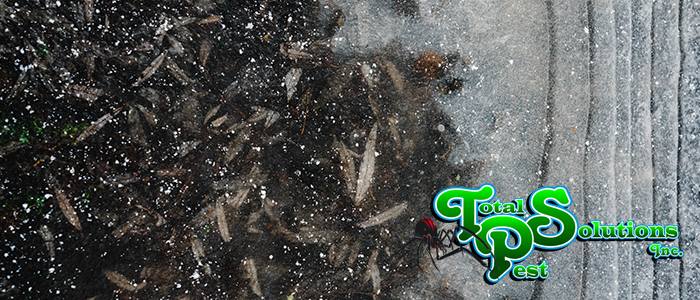
Many people are unnerved by wasps flying around nearby. Though the insects do not usually seek out individuals to sting, they may attack when they feel threatened or if someone comes too close to them or their nest. While not dangerous to most without an allergy to their venom, it is still very unpleasant to be stung and most understandable that many wish to avoid it. Unlucky residents who have wasp nests built on or nearby their home may find that they can no longer relax on their porch, work in their garden, or even step outside their front door for fear that they will be bothered or attacked.
Wasps often build nests in the gutters, eaves, or soffit areas on the outside of a home. They are drawn to houses due to the presence of blooming gardens or various plants as well as the presence of outdoor areas in which people sit down to enjoy a meal. If bits of food or spilled drinks are not adequately cleaned, it will draw the stinging bugs to the location to investigate, as will any unemptied garbage left standing around for lengthy periods of time. Insects and spiders in the front or backyards are prey to the wasps, and their presence increases the odds yet further that wasps will consider your home an ideal place to stay.
Therefore, when wasps become problematic ensure outdoor areas are clean and garbage is emptied. Also fix any tears in screens as well as any cracks or openings near doors or windows to prevent the insects from making their way inside. Wasps that do come indoors can be killed with a vacuum cleaner or fly swatter. Options to treat a wasp infestation include various traps, modifications of the home’s exterior, mechanical and insecticidal control, and wasp removal. Traps are available on the market that lure in the insects once attractants such as juice, meat, or cat food are inside and prevent them from getting back out. Others use scents to lure in the bugs and poison them with some form of bait.
Homeowners that can locate and see where their nest is built can typically treat it successfully from a distance using sprays that soak the nest with poison. This treatment kills instantly but does not last indefinitely. It is also crucial not to be standing below the nest as the insects will fall out and possibly sting whoever they come into contact with. This can be followed with repellent sprays which can keep additional wasps far away.
For those concerned about their safety during the process, pest control professionals will be very helpful at treating a wasp infestation, as they know where nests are most typically found as well as the characteristics of the wasp species present. Some are more aggressive than others which will impact the approach used. Further, they will have the equipment necessary to prevent homeowners from being stung during the removal process. Experts can also implement more lasting methods to discourage nesting in the most frequently used areas of a home.
continue reading
Related Posts
Auburndale’s Winter Weed Resurgence: Targeting Poa Annua As the vibrant
Davenport’s Pine Beetle Threats: Protecting Trees in Dormant Season As
Winter Roach Hotspots in Lakeland: Kitchen & Bathroom Prevention As







